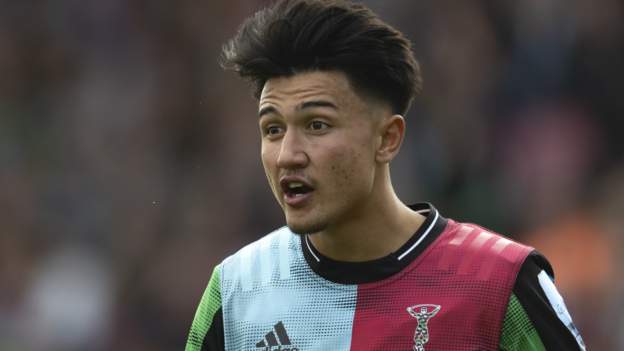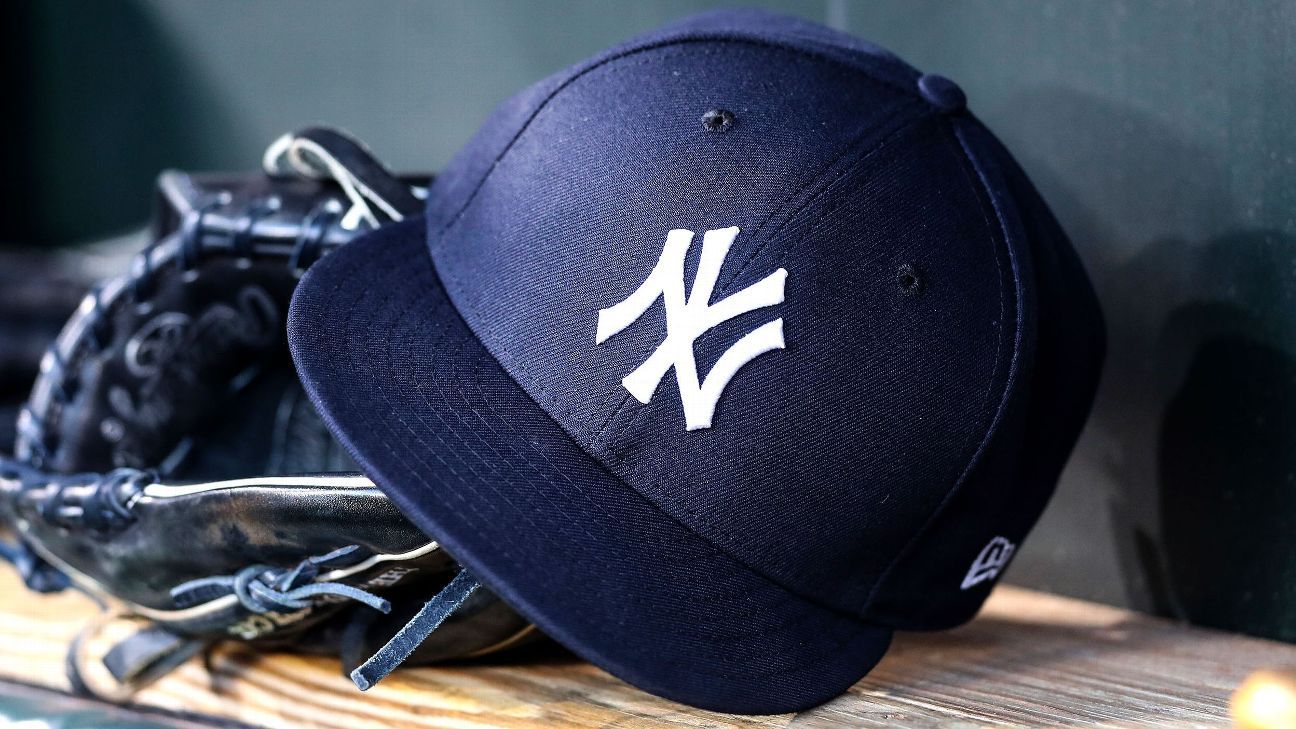
Fly-halves were the highest paid players in last season's Premiership, with hookers paid lowest on average.
Premiership Rugby has released a report into player salaries for the 2020-2021 season in a bid to improve transparency, following the Saracens salary cap scandal.
The report shows number 10s were on average paid £175,000 a year, with hookers earning about £113,000.
The average player income last season was a little under £144,000 a year.
While the salary cap last season was £6.4m per club, this figure has come down to £5m for the next few years "as a necessity for Covid recovery", according to Premiership Rugby.
The highest paid forwards in 2020-2021 were second rows, at an average of £158,600, while scrum-halves were the lowest paid backs on an average of just under £118,000.
"It's broadly similar [to previous years]," said the salary cap director Andrew Rogers.
"There has been a change in supply and demand particularly around scrum-halves, we have seen over the last five years that has changed quite a lot.
"But full-backs and fly-halves have normally been the highest-paid backs, with locks and props there or thereabouts."
The average salary for fly-halves was bumped up by 13% of number 10s being paid more than £400,000, but not a single winger or hooker was paid more than £350,000.
'Report an important step'
Following the Saracens scandal, which led to the club being relegated into the second-tier Championship, a comprehensive review into the salary cap was conducted by the former government minister Lord Myners.
This led to increased powers for the salary cap director, as well as an emphasis on greater openness, with all clubs subjected to an annual audit and the 2021 Premiership champions Harlequins subjected to an extended audit of their accounts to ensure salary cap compliance.
The winners of Saturday's final between Saracens and Leicester will also be required to open their books for a forensic investigation.
"The publication of this report is a really important step in terms of transparency and declaring more about what goes on with the salary cap," explained Premiership Rugby chief executive Simon Massie-Taylor.
"The aim is to give everyone greater confidence in the system, particularly with this new extended audit, which we have done for the first time with Harlequins," added Rogers.
"The winner this year will undergo an extensive audit when we do a forensic assessment of the club through emails, telephone records, bank statements and tax returns."
Rogers hopes that the new regulations will ensure there won't be a repeat of the Saracens situation, which threatened to undermine the integrity of the whole salary cap concept.
"There was a frustration [in the past] that we knew what was going on but couldn't always prove it," added Rogers.
"We are now able to do a far more extensive process, which is very positive."















 Phone: (800) 737. 6040
Phone: (800) 737. 6040 Fax: (800) 825 5558
Fax: (800) 825 5558 Website:
Website:  Email:
Email: 






